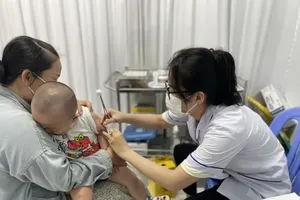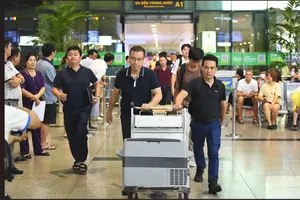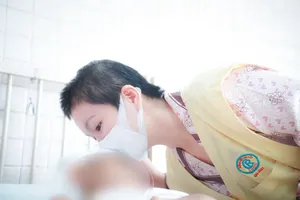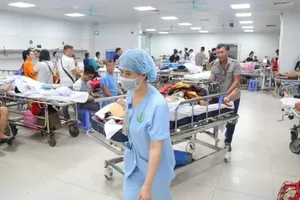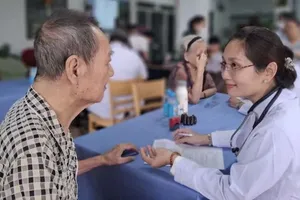
On average, 10–20 children with Influenza A are being hospitalized each day.
Currently, the hospital’s Center for Tropical Diseases is treating 80 children with Influenza A. According to Dr. Do Thien Hai, Deputy Director of the Center, most of these cases are severe, with complications such as pneumonia, respiratory failure, encephalitis, and myocarditis.
Similarly, Pediatric Hospital in Hanoi recorded 280 Influenza A cases during the first week of November, more than half of the total cases seen in October 2025. Of these, 65 children required hospitalization. The National Hospital for Tropical Diseases is also treating over 50 influenza A patients, including many adolescents suffering from bronchitis and secondary pneumonia.
Health experts warn that influenza A spreads through the respiratory tract and can affect people of all ages. However, young children, the elderly, and individuals with underlying conditions are at higher risk due to weaker immune systems, making them more vulnerable to serious complications.
In its early stages, influenza A often resembles other respiratory viral infections, but symptoms can progress rapidly if left untreated. In children, the illness typically presents with persistent high fever, runny nose, worsening cough, fatigue, and irritability. In adults, common symptoms include muscle aches and joint pain.
The Ministry of Health advises that the current seasonal transition is contributing to an increase in Influenza A cases. People are urged to get vaccinated against influenza, which is an effective measure to protect health, reduce infection risk, and prevent severe complications. Physicians also recommend that when a household member contracts influenza A, others should practice relative isolation by wearing masks and limiting close contact, especially with elderly individuals or those with chronic conditions.



